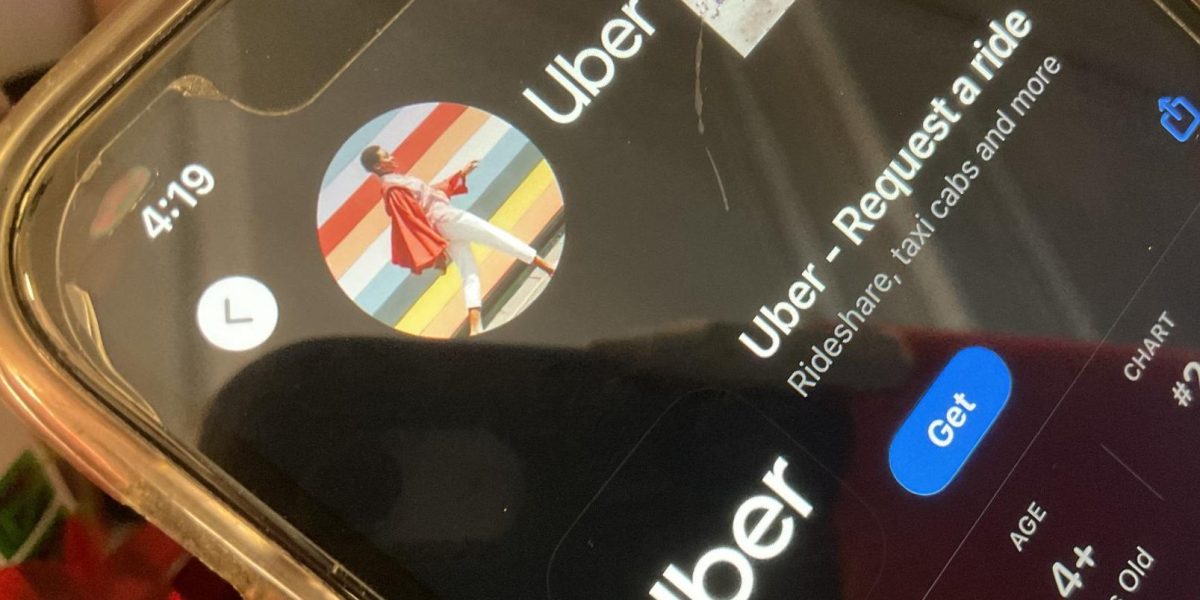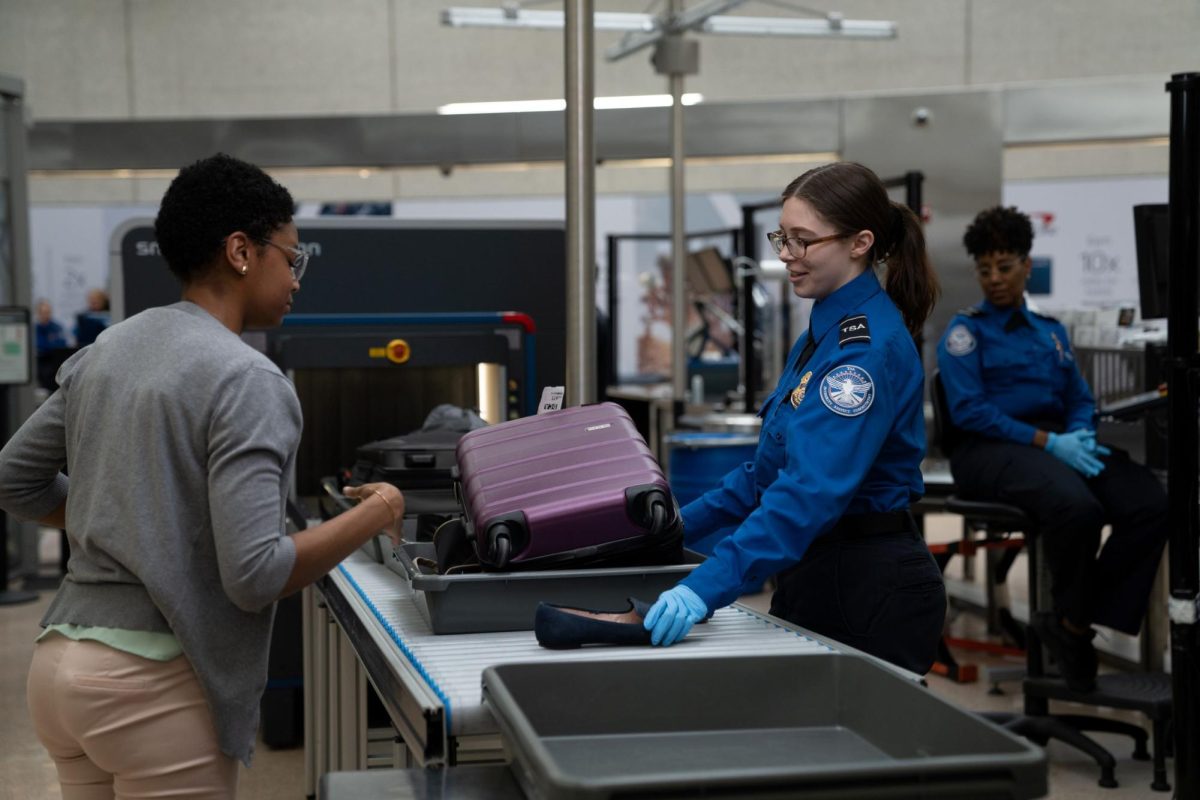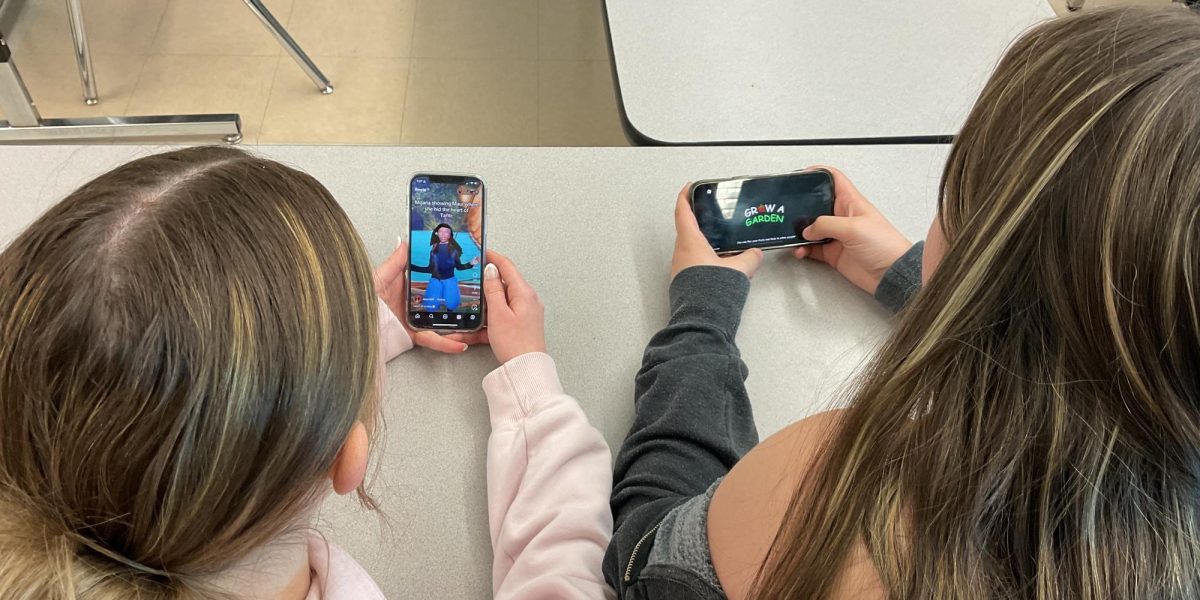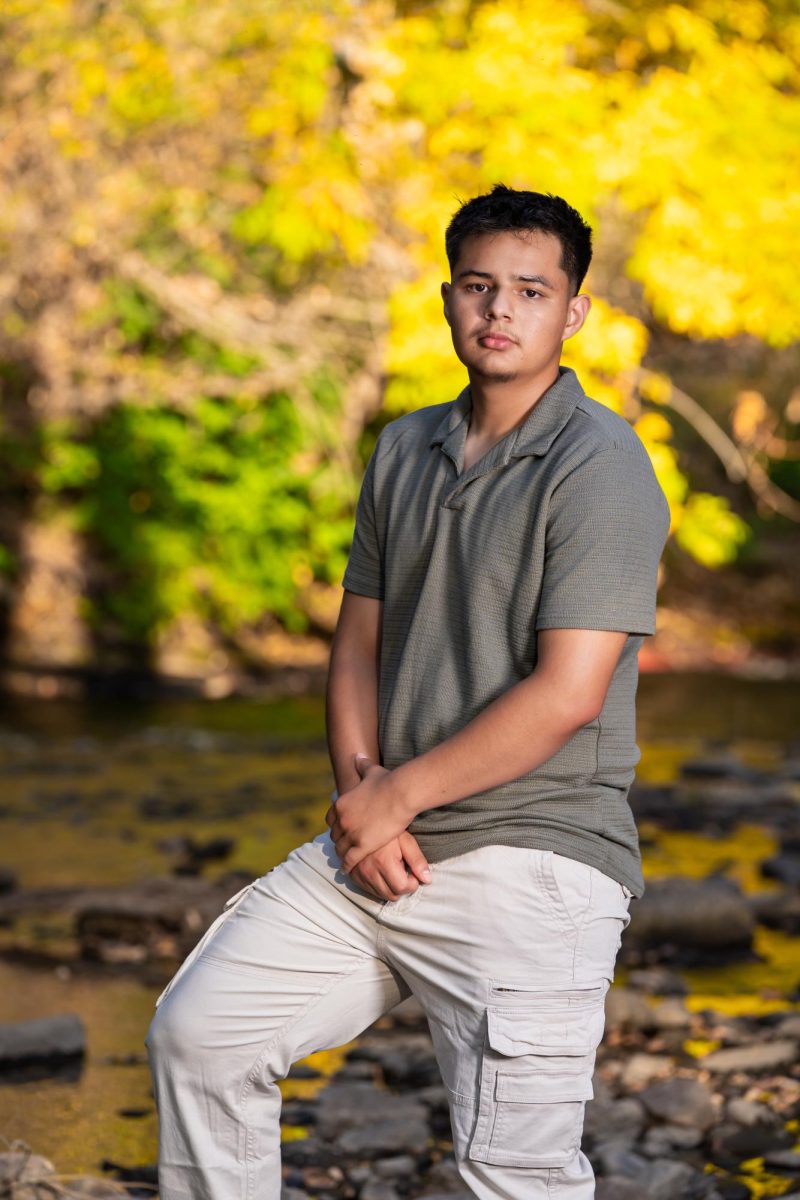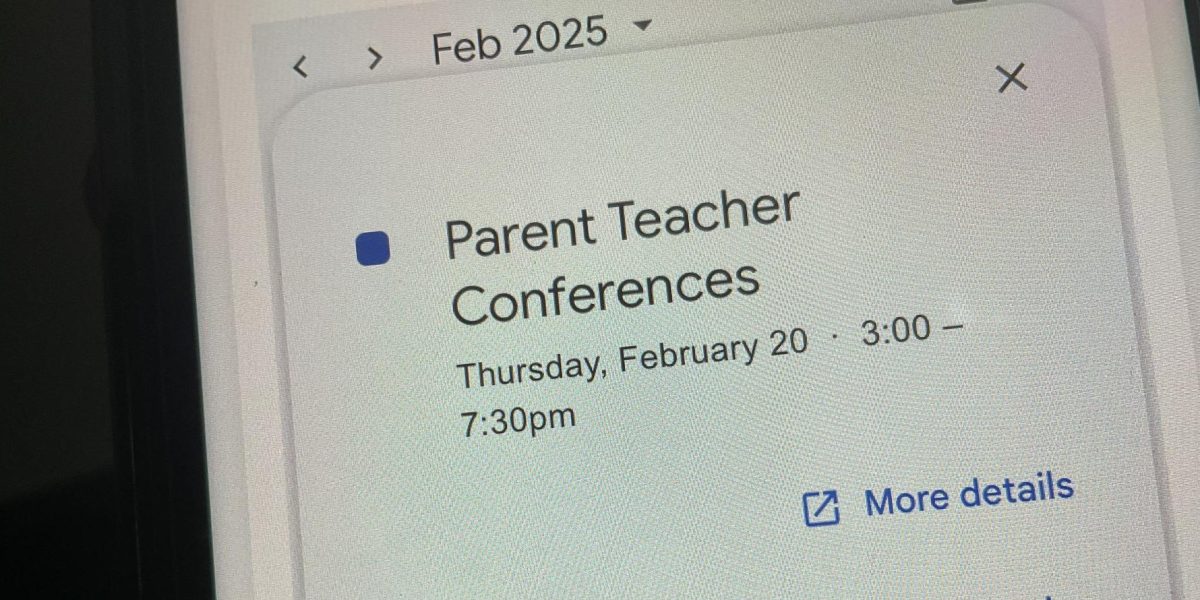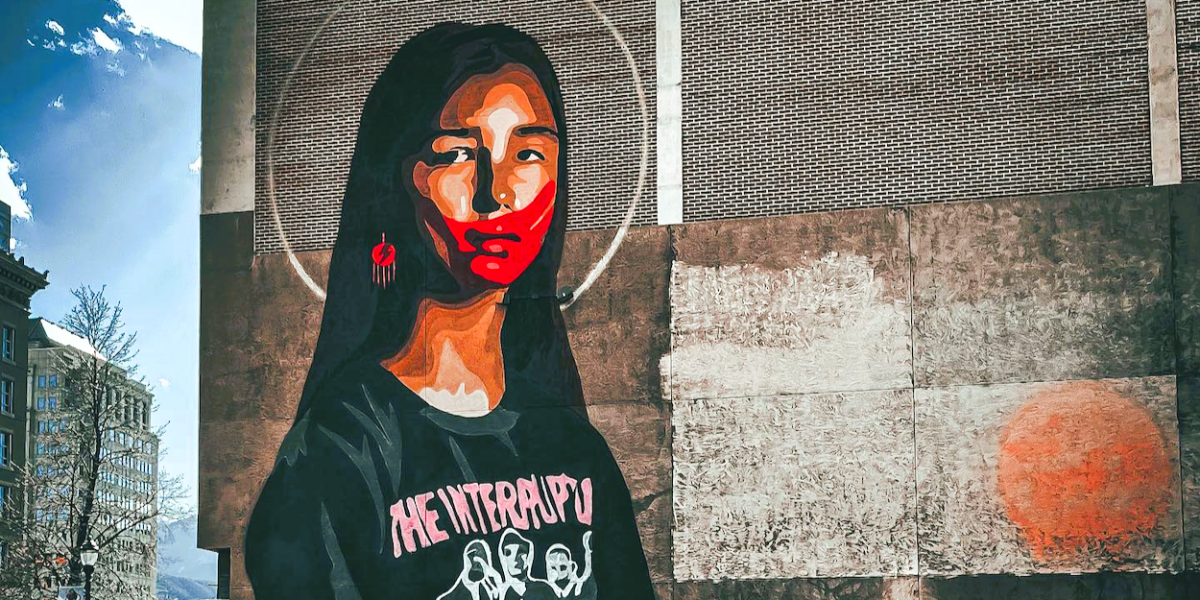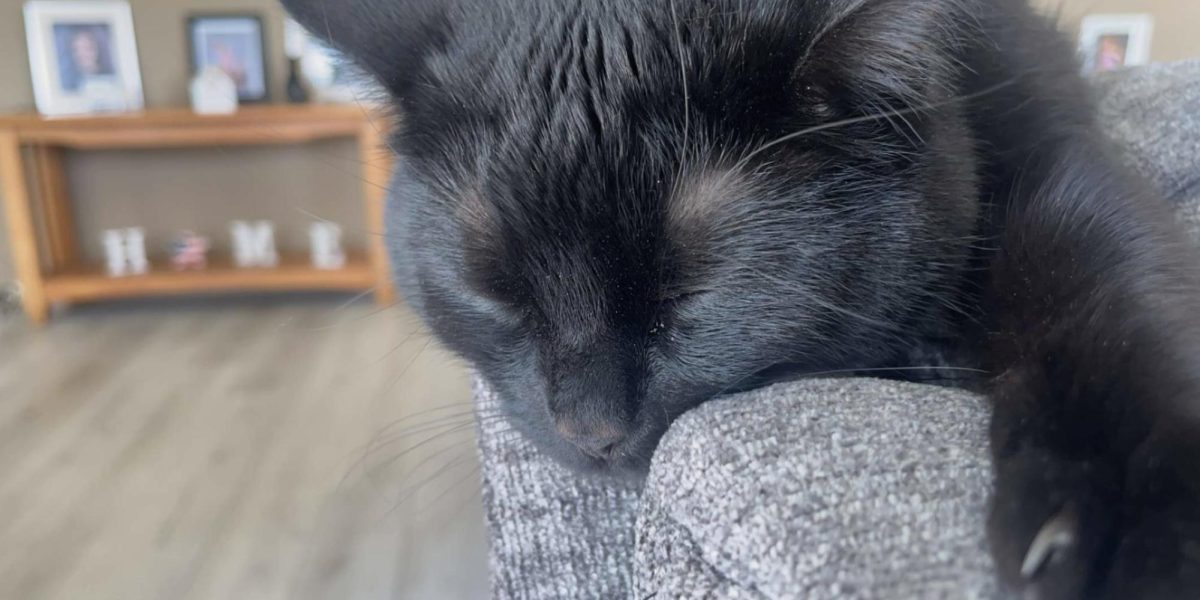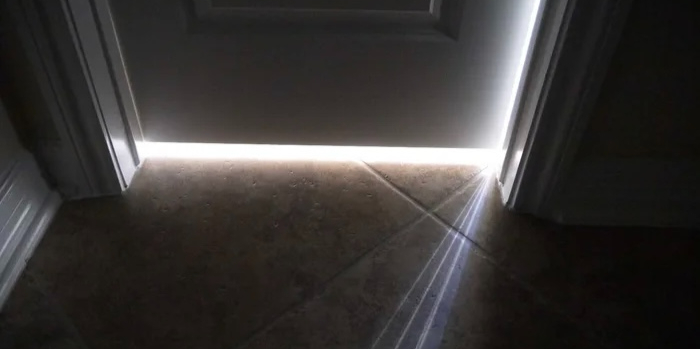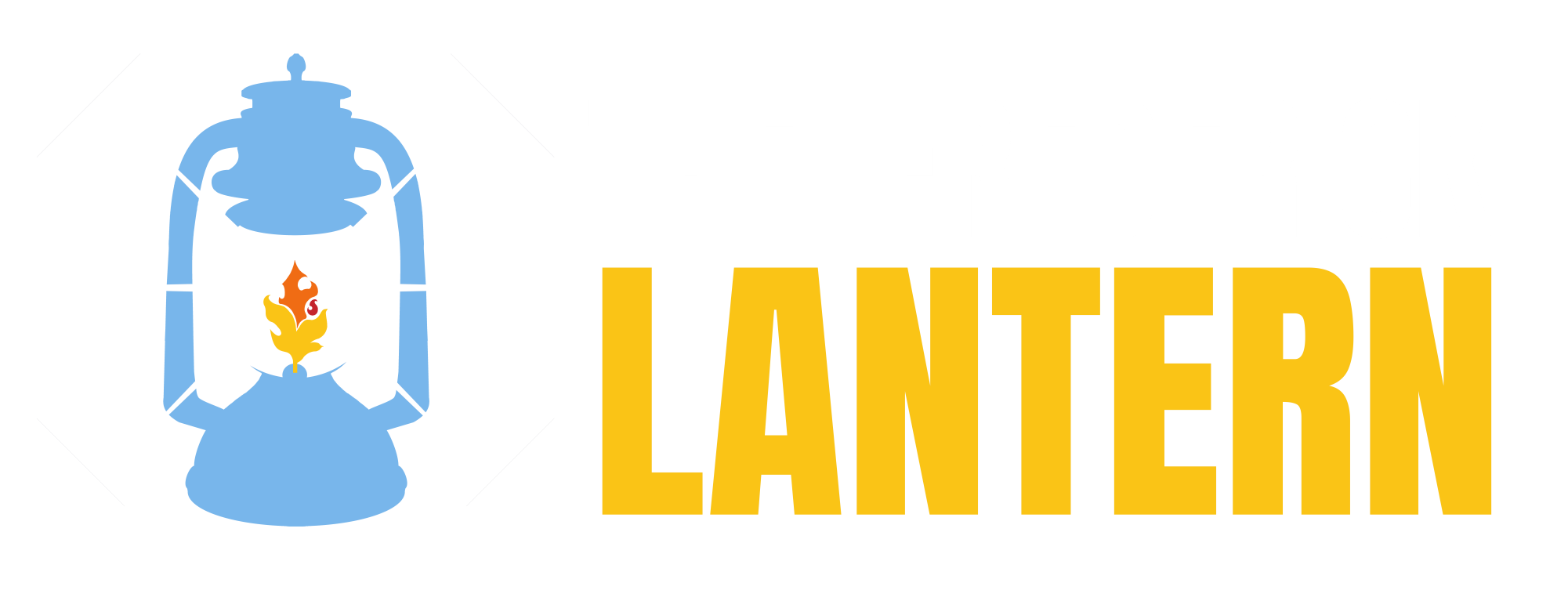Don’t Panic
While COVID-19 is affecting the whole world, it’s not the end of the world. Not even close.
Coronavirus seems to be the only thing on the world’s mind right now. With so much about the virus still uncertain and the amount of information–and misinformation–online and in the news, it’s easy to feel overwhelmed. Yet panic will only make the COVID-19 situation worse, so we’re here with tips to de-stress during the outbreak.
March 15, 2020
If you don’t live under a rock, you’ve probably heard a lot about the worldwide pandemic of COVID-19 or the coronavirus. First came the rumors before the virus hit the US, like how dogs could get it (they can), how drinking bleach could cure you (it can’t), and how you wouldn’t get the virus by eating three bulbs of garlic every day (you can’t–it’s not a vampire).
Then once the virus started to affect America, we started getting news updates every hour. How many cases are confirmed. If testing will be available. If the government is doing enough to protect us. The phrase “social distancing” suddenly became the new buzzword heard everywhere.
Then came the supply shortages. Hand sanitizer and toilet paper disappeared. Then no one could get any Ramen noodles or canned soup. Now everything from potatoes to eggs are out of stock for the next couple of weeks.
Then Tom Hanks got infected. The NBA canceled March Madness. Then all other sports followed. Disney and Netflix shut down production, and F9 and Mulan had their releases postponed. Then the big Colorado colleges closed down, and the next day a state of emergency was declared and school was shut down.
None of us have experienced anything like this.
This is different. This is scary.
But it doesn’t have to be.
Pandemic anxiety is real issue
We at the Scout have previously examined the increase of student anxiety in general over climate change, politics, the pressures of social media, and of course the evergreen pressures of high school–grades, testing, eligibility, popularity, and relationships. Now all of these are amplified with the threat of COVID-19.
So how does the virus exactly increase this anxiety? Media is a major contributing factor. While news is the main source of information for other generations, our generation gets our news from shared posts on social media. A large part of this is that, frankly, many of us don’t trust mainstream news because of their biases and tendencies to sensationalize topics. This sometimes makes things worse. With the overflow of information and so few ways to verify that information, most students don’t know what to think.
Baby Boomers and Gen-Xers tend to question why we make so many different memes about serious disasters, like the military tension with Iran and Australian wildfires earlier this year–it’s because deflecting with comedy is a coping mechanism. Yet this means we tend to forward posts based on our own beliefs and biases more than fact, and watching mainstream news with how serious and grim everyone is makes everything worse for us. We escape into memes to calm our nerves, but they also are giving us so much incorrect information that it’s hard to understand what’s really going on.
(Speaking of escape, our other usual distractions from everyday life are disappearing. Movie releases are being delayed. Concerts and theatrical performances have been canceled. Same with every single professional sporting event. Most of our spring break travel plans are out, and even going out to a movie or hanging out with friends is being discouraged. As our distractions from the COVID-19 pandemic become fewer in number, our anxiety goes up).
Another source of our anxiety is the disruption the virus has caused. It’s essentially stopped the function of daily life. As much as most of us pray for a break from school, canceling events and activities really stresses us out. When surveying students about questions they have about the recent school shutdown, most revolve around major school events: athletes want to know if they will still play a full season, AP students want to know if the tests they spend $90 on will happen, juniors want to know if the SAT will still happen, seniors want to know if graduation will be canceled, and everyone wants to know if the shutdown will affect Prom. Academic events like the SAT and AP tests affect our college future, so seeing them potentially canceled is deeply worrying. The effect of this shutdown on our social events is just as troubling, as we worry that the powers that be may see them as unessential and cancel them–but Senior Prom and Graduation are essential, once-in-a-lifetime moments for us, moments we’ve dreamed about for a long time, and losing them would be akin to watching that dream die.
Perhaps the largest source of our anxiety around this virus is the fear of the unknown. Doctors still don’t know a lot about how the virus mutates or can be fought and every day bring a new concern–just yesterday, the L.A. Times revealed that people who had reportedly survived the virus are getting reinfected (which seems to be untrue and a result of testing errors) and that the virus could live on a cellphone for up to three days. Not knowing how exactly the virus behaves and getting new information every day is overwhelming.
Worse still, we don’t know when this will be over. School may be back in session March 30 or the building may be closed for the rest of the year as we do remote learning. We don’t know. Speaking of the remote learning, it’s new for most of us and we don’t know if we can move to an all-online model of schooling (we spoke to several students Thursday who were genuinely terrified that they wouldn’t be able to pass an all-online class). We don’t know if the concerts we want to go to in April and May will be canceled. We don’t know if we will still work–most of us have food service or retail jobs that rely on people, and with everyone staying home, it’s unclear if our jobs will shut down or if we may even be laid off. We don’t even know the next time we’ll be able to go to the store and get a box of Kraft Mac and Cheese.
There is so much anxiety around this outbreak not having a definite end. What’s scarier is that we look at the adults in our lives and they seem as clueless as we are about the virus. Our teachers and the district and our parents are doing the best they can to put plans in place and reassure us, but they openly don’t know when or how this outbreak will end and, at times, they seem just as anxious as we are. And that’s scary–when the people who are supposed to guide us have no idea what will happen next.
Here’s how to deal with the anxiety.
Now that we’ve explored just why you may have anxiety around the virus, we want to tell you one thing:
Don’t panic.
Yes, you should be concerned about the scope and spread of this virus. This is not just a normal flu, and while 80% of people only have mild conditions similar to the common cold, almost 4,000 people have died so far across the world. Contrary to popular rumor, people under eighteen can catch it and can die from it, especially if they have diabetes or a respiratory ailment like asthma. According to the CDC, the virus is projected to infect around 40% of the population, with a high concentration of cases in the Front Range.
So take precautions, wash your hands, and don’t panic.
Unlike other states, Colorado has responded quickly to the outbreak of COVID-19. So has the district–by shutting down schools over a single case, St. Vrain has made the likelihood of not only you the student of getting infected drop significantly but also everyone in the Tri-Town area. Moreover, while some teens and children do die, you should be more concerned about your grandparents than your friends, as their risk is ten times what your risk is. And as far as school goes, St. Vrain has many plans in place to make any distance learning successful for students and the transition back into the building as non-disruptive as possible.
Yet you still may be anxious. To help you out, we’ve come up with a few ways that you can keep from worrying more than you should during the COVID-19 shutdown:
Connect to Others
Keeping in contact with your close friends and family is one of the best things you can do right now. While you should minimize time with friends and relatives you don’t live with and practice social distancing, using Facetime or Snapchat to see and interact with your close friends and extended family at least once a day. Having a support system in a time of stress can be really helpful, so check in on others that need help without risking spreading the virus.
Also connect with the people in your house. Your family may drive you crazy sometimes, but use this as an opportunity to really bond with them. If you have younger siblings, play games with them and tell them stories. As for older siblings, compare notes on how you both are doing and the similar problems you’re dealing with. If you have your parents or other adults in the house all day, ask them some of their stories from when they were your age or have them teach you a skill like cooking or basic car repair to make the time pass.
Steer Clear of Social Media
While you should connect to people, stay off the news and social media if you are truly anxious. This is the number one cause of stress for most because of the kind of information you will find on social media, like exaggerated article titles and staggering statistics. If you keep yourself off of these platforms, it’s easier to help yourself calm down and focus on living your life during the shutdown. If you can’t live without social media, then give yourself only a short window of time each day (like half an hour) to engage in social media and news. If you want to avoid content that may make you parents and just get news that applies to you, make sure to check the Scout website every day for our updates.
Make a Schedule
A lot of the current anxiety comes from the disruption to our lives this shutdown has created and not knowing what will happen tomorrow, so a schedule is an excellent tool. A schedule makes life predictable, so instead of just existing day-to-day at home, you have things to occupy your day and make you feel less like you’re hiding from disaster and more like you are living life. Wake up at the same time every day. Go to bed around the same time. Eat meals around the same times. Make time for the various activities we discuss below. The regularity of these events will help relieve the anxiety of not knowing what tomorrow will bring.
Take Care of Your Health
Make sure you are eating at least two meals a day and staying hydrated throughout the day. It can be easy to feel distant when something like this is causing worldwide panic, but it’s important to make sure you are staying in tune with yourself and not forgetting what you need on a daily basis. If you need to get some food, make sure not to panic buy–order just the groceries you and your family need for a home quarantine so that others can also have a chance to get supplies.
Exercise
If you are stuck in the house during the shutdown, you may feel low from sitting all day. Make sure to exercise. Exercise boosts endorphins and mood and it keeps you from just laying about all day. Students athletes who exercise on a regular basis but are stuck at home should definitely find some home workout routines, as the gyms may close and being deprived of one more escape from the real world may cause more anxiety. You can lift cans or jars if you don’t have real weights around the house, you can do yoga just about anywhere, or at the very least you can jog around the house or up and down stairs to get the adrenaline pumping.
Hang Out With Your Cuddly Friends
Spend time with your animals. Cheesy, I know, but it can really help. They can’t say anything, and they don’t even know what’s going on, so it’s easy for them to stay happy and provide you a 24/7 support system. You can even take naps with them and realize how much they sleep all day while you’re gone. Remember, your frustrating time trapped at home is their Unprecedented Levels of People at Home happy time.
Learn something
Just because school is closed doesn’t mean you should stop learning. There are tons of things to learn on the internet and, unlike in school, you can choose any topic you want. Maybe you want to know how to roast a chicken or tie a bowtie. Maybe you want to know more about art and take a digital tour of a world museum like MoMA. Maybe you want to know how to edit a photo in Photoshop or how to change a fuel pump in your car. Maybe you just want to learn about every single superhero that ever belonged to the Justice League (including the one who got his powers through cocaine). What you learn doesn’t matter so much as that you learn and spend time bettering yourself, which will decrease the anxiety that your life is slipping away. If you want, you could even take a 30-day challenge and better yourself that way,
Find Things To Do
Taking your mind off of the situation sounds tedious, but definitely can be helpful. Read a book, catch up on missing work for after the break, binge a Netflix show, color, meditate, write. Anything you can do to keep your mind off of worse-case scenarios is the best. Now is the perfect time to get stuff done, especially if you don’t have school work, after school activities, and you can’t go out with friends. You now have a perfect opportunity to do some spring cleaning, focus on your hobbies, re-decorate your room, and connect with creative pursuits that you usually can’t find the time for.
Reflect
Instead of doing something, you can also do nothing. Not the lazy, sit in bed all day type of nothing but an active nothingness that is more about clearing your mind of your worries so you can connect to your more self-actualized self. A great way to do this is through meditation, which you can learn from YouTube and apps if you need help getting started. You can also vent your emotions through free writing, where you just write down everything in your head in a single moment in order to process and think about what’s going on. This mental rest is very helpful for managing anxiety, but don’t have that translate into actual rest–while you should be getting 6-9 hours of regular sleep per night, don’t just sleep all day and think you are reflecting, as this will make you feel more anxious and drowsy.
Stay Safe from Infection
The best thing you can do is to stay safe. The lack of school and crowded places can seem like a perfect opportunity to go out, see a movie, or even go somewhere fun with a friend, but that’s the last thing you want to do. Make sure you stay in your house to reduce the spreading of the virus. Even if it isn’t deadly to you or most. If you contract it and come in contact with the high-risk community it can be deadly for them and their families. Wash your hands, disinfect your phone and other belongings, and minimize contact to avoid the spread of the virus.
And if none of that works…
While these tips are helpful, they may not calm you down. In fact, if you take antidepressants or anxiety medication already, nothing short of spending time talking through your worries with a licensed mental health professional can help. If you need this help, contact the North Range Behavioral Health center, 4943 State Hwy 52 #205, Frederick, 970-347-1370. This clinic offers free counseling for 15 and older without parent permission (though you do need to bring proof of enrollment) and intends to stay open throughout the outbreak. If you need to see someone immediately, NRBH has 24/7 Crisis walk-in center located at their Greeley campus (928 12 St, Greeley, 970-347-2120. You can also contact the Teen Crisis Help Line 24/7 at 800-493-TALK (8255) or by texting TALK to 38255. Remember, you are dealing with an unprecedented amount of craziness and asking for help is a strength, never a weakness.

